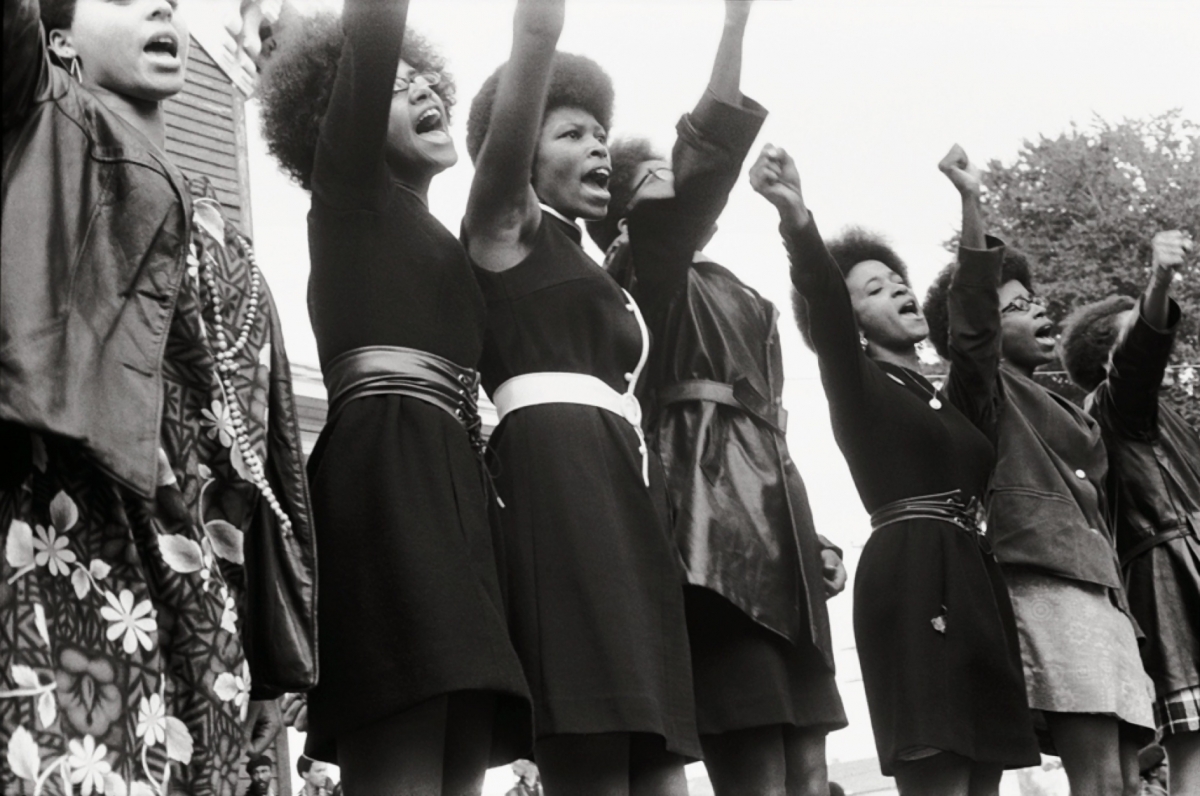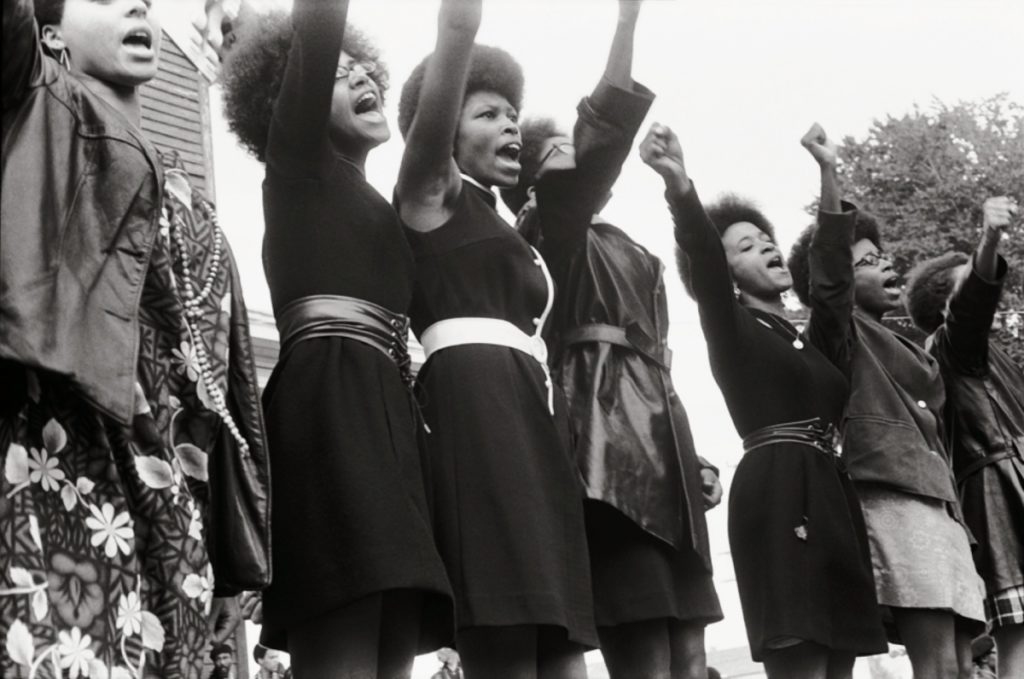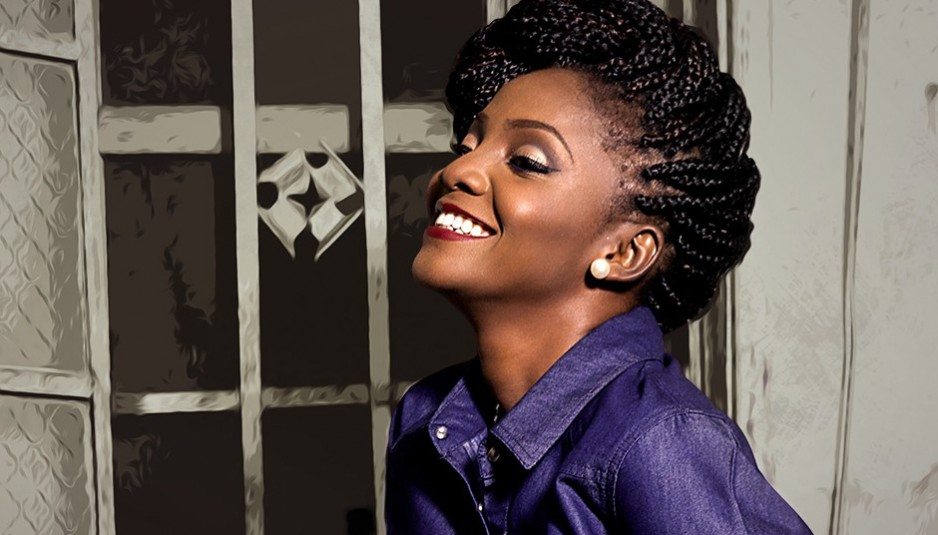The search for a new gynecologist should not be taken lightly and can be a tricky, awkward task for most women due to its intimate nature. So how do you go about finding the very best doctor for your specific needs? Here are the main things to look for.
Trust and connection
 While most sources out there will start by recommending the first thing to do to find a proper gynecologist is to check their credentials, we have gone a different route. The doctor-patient relationship is a partnership and requires that both people mutually trust and respect each other. If the relationship breaks down, then it doesn’t matter how knowledgeable the doctor is. If the patient doesn’t trust their advice, then nothing can be accomplished.Getting referrals from trusted friends or family members can be an excellent way to begin your search for a gynecologist. Another great source for referrals is your primary care practitioner. He or she already has a relationship with you and knows some of what you look for in a health care provider. They can be a resource and sounding board for you to begin discussing about OB/GYN doctors with.
While most sources out there will start by recommending the first thing to do to find a proper gynecologist is to check their credentials, we have gone a different route. The doctor-patient relationship is a partnership and requires that both people mutually trust and respect each other. If the relationship breaks down, then it doesn’t matter how knowledgeable the doctor is. If the patient doesn’t trust their advice, then nothing can be accomplished.Getting referrals from trusted friends or family members can be an excellent way to begin your search for a gynecologist. Another great source for referrals is your primary care practitioner. He or she already has a relationship with you and knows some of what you look for in a health care provider. They can be a resource and sounding board for you to begin discussing about OB/GYN doctors with.
Now that the first hurdle is out of the way, the next step is deciding whether you have chemistry with the doctor. While it may seem odd to hear the word chemistry used in the context, it is important to remember that this person will know you inside and out. You might be getting some of your life’s best and worst news from this person, and their communication style, attitude, and overall demeanor needs to be one that gels with yours.
Experience and credentials
 Finding a gynecologist can feel like an overwhelming task, especially when facing a complex and personal matter or a high-risk pregnancy. Your health and that of your baby will be in the hands of the OB/GYN, and so finding a more experienced doctor will increase the chances of positive results. The metrics by which GYN’s are measured may vary, depending on what country you are in, so it is important to begin your research with nationally certified websites and databases.
Finding a gynecologist can feel like an overwhelming task, especially when facing a complex and personal matter or a high-risk pregnancy. Your health and that of your baby will be in the hands of the OB/GYN, and so finding a more experienced doctor will increase the chances of positive results. The metrics by which GYN’s are measured may vary, depending on what country you are in, so it is important to begin your research with nationally certified websites and databases.
Gynecologists who belong to these prestigious lists will be able to offer you top notch care. One of the main things to consider when choosing a provider is the overall view of their qualifications, as this will tell you if the doctor has the necessary skills and training to provide you with reliable gynecological and obstetric care.
Other questions to consider when thinking about your practitioner’s credentials are areas they specialize in, the number of patients with your specific condition that they have treated, and the possibility of requesting a second opinion. If you have a specific procedure in mind, you can ask how many of those procedures they have done, as well as the success rate and risk of complications.
Another important factor when researching your gynecologist’s background and credentials is their history of disciplinary actions or malpractice claims. Most doctors who run well organized and patient-centered practices will not have these negative encounters in their history. Claims such as these should be public knowledge on your state or country’s health website, and you should discuss any discrepancies with a GYN before agreeing to be treated by them.
Gender
Deciding whether you want a male or female gynecologist is an important part of this decision. There are both male and female doctors that are equally qualified. This factor should not solely dictate your choice. However, each woman has different ideas and reservations about this choice, and it is a personal decision that all professional practitioners will respect.
 One thing that you may consider is that male gynecologists are just as well trained and educated as females, and if you choose to see one of these men then your wait times may be drastically reduced. Women OB/GYN practitioners are in higher demand, and many well-qualified male practitioners are overlooked just because of their gender.
One thing that you may consider is that male gynecologists are just as well trained and educated as females, and if you choose to see one of these men then your wait times may be drastically reduced. Women OB/GYN practitioners are in higher demand, and many well-qualified male practitioners are overlooked just because of their gender.
An important factor to consider before choosing the gender of your future doctor is assessing your comfort level when talking to them about sensitive topics. Discussing issues such as vaginal discharge may seem odd and highly awkward with certain practitioners. However, the job of this specialist is to make sure that you feel comfortable talking about these issues, and you should also consider that they deal with these problems daily. The relationship you build with your GYN will grow to encompass these taboo topics, and much more, as time goes forward. Before this mutual respect and trust can even begin, you need to decide on your comfort level. If you will be in anyway uncomfortable with a male in this confidential and somewhat intimate role, and it will negatively affect your care, then go with a female physician. A good gynecologist will only be able to help you with the issues that you are comfortable bringing up.
Communication style
Communication styles and connection are crucial, especially when it comes to talking to someone about your most intimate health issues. Discussing your overall health, sex, and family planning issues with someone who is judgmental or doesn’t seem to listen is not ideal. These traits are not indicative of a true profssional. A good gynecologist will be able to make you feel comfortable discussing about anything, make you feel respected, encourage any questions that you have, and should be able to answer your questions in a way that is uncomplicated and easy to understand.
The facility location and quality
Doctors are often associated with particular hospitals/clinis and insurance carriers. It is important to consider this when you are beginning your search for the right gynecologist that fits your needs. Most practices bring this up right away when you are in the office, but you do not want to be caught off guard or disappointed that the great doctor you found is associated with a poor quality hospital or one that does not accept your coverage. This is both a waste of your and his or her time.
When you are in a new area, it is important to research the locations of the hospitals and decide on their quality early on. The location of the hospital is important because you will need to decide if it is an acceptable distance to drive for your appointments and if you can get there in an emergency situation. In order to judge the quality of the hospitals care, you can visit and be taken on a tour, do your own research on the hospital’s website, look for on-line reviews of other patients experiences, and ask your doctor for their opinion.
A good gynecologist will be honest and open about their opinion of the hospitals in the area. When you are at a top-rated hospital, you can be sure that the health care service and chances of survival are better.
This article was provided by HospitalHippo.com. If you are looking to find a gynecologist near you or looking to make a gynecology appointment, please use our search function to find the right hospital or clinic for you. You can also check out gynecologist reviews and staff information on their Provider Pages. Provider Feeds have real time posts, articles and newly published by the facility themselves.
https://www.healthgrades.com/explore/8-tips-for-choosing-an-obstetrician-gynecologist










 While most sources out there will start by recommending the first thing to do to find a proper gynecologist is to check their credentials, we have gone a different route. The doctor-patient relationship is a partnership and requires that both people mutually trust and respect each other. If the relationship breaks down, then it doesn’t matter how knowledgeable the doctor is. If the patient doesn’t trust their advice, then nothing can be accomplished.Getting referrals from trusted friends or family members can be an excellent way to begin your search for a gynecologist. Another great source for referrals is your primary care practitioner. He or she already has a relationship with you and knows some of what you look for in a health care provider. They can be a resource and sounding board for you to begin discussing about OB/GYN doctors with.
While most sources out there will start by recommending the first thing to do to find a proper gynecologist is to check their credentials, we have gone a different route. The doctor-patient relationship is a partnership and requires that both people mutually trust and respect each other. If the relationship breaks down, then it doesn’t matter how knowledgeable the doctor is. If the patient doesn’t trust their advice, then nothing can be accomplished.Getting referrals from trusted friends or family members can be an excellent way to begin your search for a gynecologist. Another great source for referrals is your primary care practitioner. He or she already has a relationship with you and knows some of what you look for in a health care provider. They can be a resource and sounding board for you to begin discussing about OB/GYN doctors with. Finding a gynecologist can feel like an overwhelming task, especially when facing a complex and personal matter or a high-risk pregnancy. Your health and that of your baby will be in the hands of the OB/GYN, and so finding a more experienced doctor will increase the chances of positive results. The metrics by which GYN’s are measured may vary, depending on what country you are in, so it is important to begin your research with nationally certified websites and databases.
Finding a gynecologist can feel like an overwhelming task, especially when facing a complex and personal matter or a high-risk pregnancy. Your health and that of your baby will be in the hands of the OB/GYN, and so finding a more experienced doctor will increase the chances of positive results. The metrics by which GYN’s are measured may vary, depending on what country you are in, so it is important to begin your research with nationally certified websites and databases. One thing that you may consider is that male gynecologists are just as well trained and educated as females, and if you choose to see one of these men then your wait times may be drastically reduced. Women OB/GYN practitioners are in higher demand, and many well-qualified male practitioners are overlooked just because of their gender.
One thing that you may consider is that male gynecologists are just as well trained and educated as females, and if you choose to see one of these men then your wait times may be drastically reduced. Women OB/GYN practitioners are in higher demand, and many well-qualified male practitioners are overlooked just because of their gender.




